
How to Manage the Humidity Level Inside Your Home
Are you concerned about the humidity level inside your home? Both high and low humidity can impact how comfortable your home is, the status of your HVAC system, and potentially your health. High indoor humidity makes the air inside your home feel much warmer and can allow mold to start growing inside your ducts, walls, attic, basement, and other areas.
High indoor humidity also forces your air conditioner to work much harder as AC units work much less efficiently in humid conditions. Although low indoor humidity usually isn’t much of a problem in Georgia, it can still cause numerous breathing issues, especially for people with asthma and other respiratory problems. With all this in mind, here is everything you need to know about managing the humidity level in your home.
What Is the Ideal Indoor Humidity Level?
Most experts agree that the ideal humidity level inside a home or other building is somewhere between 40% and 50%. Any lower than this can lead to issues like dry, irritated sinuses, itchy or runny eyes, chapped lips, or static buildup. Low humidity can also cause wood floors and furniture to split or crack and even cause the paint on your walls to chip. On the other hand, the biggest issues with high humidity are that it can lead to water damage and create ideal conditions for both mold and pests to thrive inside the home.
In terms of your comfort, high humidity makes the air feel hotter, and low humidity makes it feel colder. This means that most people will turn up either their air conditioning or heating systems in order to compensate for these issues. This results in both increased energy costs and greater wear and tear on your HVAC equipment. Over time, the latter issue could lead to a more frequent need for heating and cooling repairs and could potentially shorten the lifespan of your HVAC equipment.
How to Measure Indoor Humidity
Measuring the level of humidity inside your building is simple. All you need to do is purchase a hygrometer from your local hardware store. These units work by measuring the concentration of moisture in the air and by allowing you to constantly monitor the humidity inside your home.
Another option is to consider upgrading your HVAC system with a smart thermostat since most of these units can also measure humidity levels. Still, the biggest benefit of a smart thermostat is that it can dramatically reduce your heating and cooling costs by automatically adjusting the HVAC system to ensure that it works at its peak efficiency level.
The Benefits of Whole-Home Humidifiers and Dehumidifiers
If you determine that the humidity level inside your home is either too high or too low, your best option for overcoming the issue is to install a whole-home humidifier or dehumidifier. Portable humidifiers and dehumidifiers can work, but you will need to use multiple units to manage the humidity inside the entire building. On the other hand, a whole-home unit works in combination with your HVAC system to humidify or dehumidify the air inside the entire home. These systems are usually installed next to the air handler and condition the air from your furnace or AC before it circulates throughout the home.
Whole-home humidifiers and dehumidifiers are relatively inexpensive, are easy to install, and require very little maintenance. All of this makes these units by far the most effective solutions for overcoming issues with either too high or too low humidity.
Other Methods for Managing High Indoor Humidity
The summers in Georgia tend to be extremely humid, which can make it much more difficult both to keep your home cool and to manage the humidity level inside the building. Your air conditioner doesn’t just cool the air inside the home, but it also removes excess humidity. If the humidity level inside your home is much above 50%, your air conditioning system will have to work much harder to eliminate the excess moisture from the air. Much of that moisture will also soak into your carpets and furnishings, which makes it even more difficult to get rid of.
One of the easiest ways to avoid issues with high humidity during the summer is to make sure to keep your windows and doors closed tightly. Opening your windows even for a short time allows much of the humidity from outside to get in and raises the humidity level inside the home.
The second thing you should do is make sure to keep your air conditioning turned on 24 hours a day throughout the entire cooling season. Many people turn off their AC at night in an effort to save money on their energy costs. However, the truth is that this really isn’t very effective in hotter, more humid climates since turning the AC off at night will raise both the temperature and the humidity level inside the home. This means that your AC will need to work much harder when you turn it back on.
Numerous studies have been performed looking at the effects of leaving your AC turned on at night versus opening your windows to cool the home. These studies have shown that turning off the AC at night can reduce annual cooling costs by around 30%. This is because approximately one-third of an air conditioner’s total energy consumption occurs from midnight to noon with the remaining two-thirds occurring during the hotter parts of the day.
However, in humid climates, the energy savings from turning the AC off at night are extremely minimal. The same studies showed that, on average, shutting the AC off at night led to more than a 20% increase in daytime energy use. This basically cancels out any savings received from the AC not running at night.
In addition to keeping your AC on and your house closed tightly, you should also make sure that your windows and doors are sealed and that there is adequate insulation in your attic and walls. Resealing or replacing your windows and doors helps to prevent air leaks that could allow the humidity from outside to penetrate into the building. Making sure that your attic is well-insulated and has adequate ventilation can also help to prevent condensation and humidity from building up inside the attic and the rest of the building. It also helps to prevent heat loss/gain and, in this way, can help to dramatically reduce your energy costs.
Professional HVAC Services and Solutions
If you’re experiencing issues with high humidity in your home, the team at [company_name] can help you to manage your humidity level and improve your home comfort. We have been providing exceptional heating and cooling services to customers in Gainesville and the surrounding areas for more than 30 years, and we can install whole-home dehumidifiers and a range of other HVAC equipment. We also specialize in indoor air quality systems and solutions, including air filtration systems, whole-home air purifiers, air scrubbers, and UV lights. Our team can also handle any of your heating and cooling repair or maintenance needs.
We take pride in offering outstanding customer service and support and provide a 100% satisfaction guarantee for all work we perform. All of our HVAC technicians are also highly trained and certified and have undergone rigorous background checks to give you added peace of mind. If you’d like more information about any of our services or need to schedule an appointment, give us a call today, and we’ll be happy to help in any way we can.
Table of Contents
More Articles
Categories
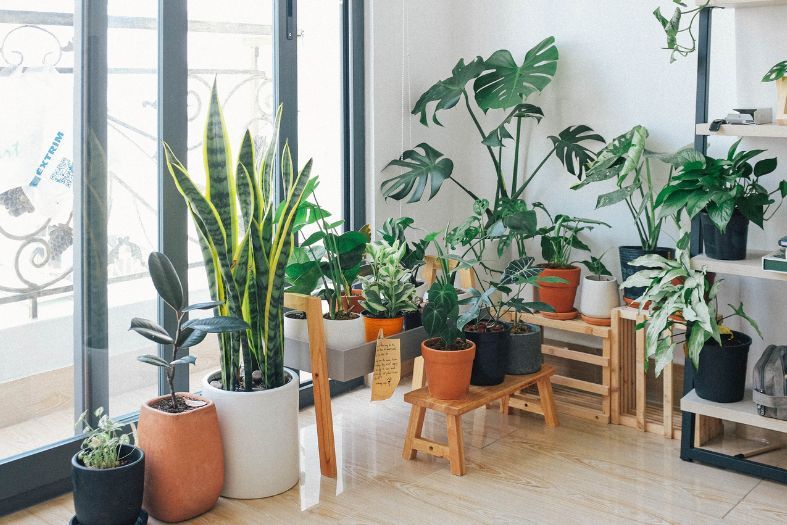
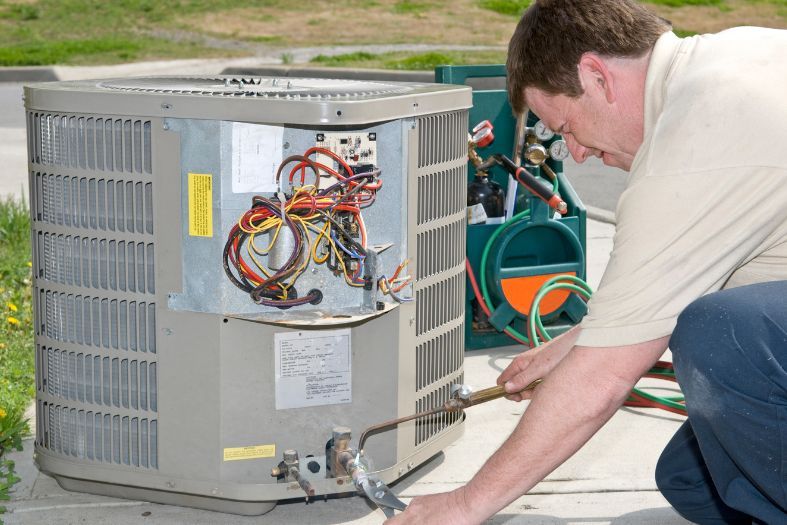
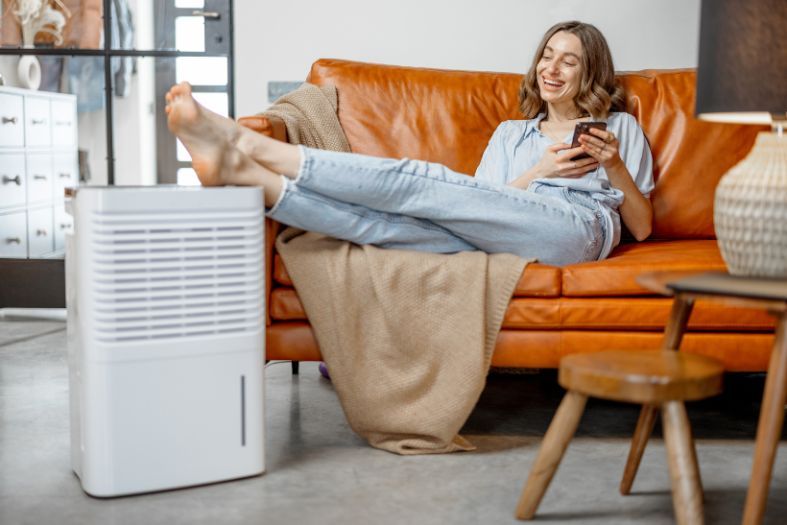
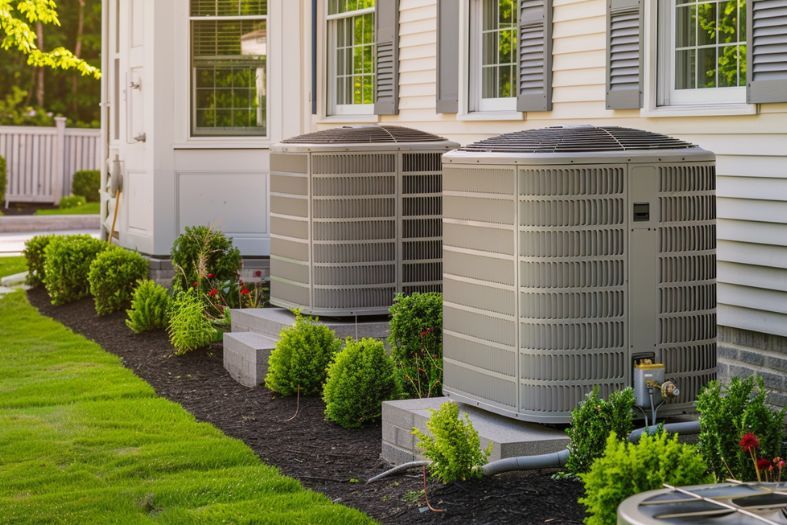
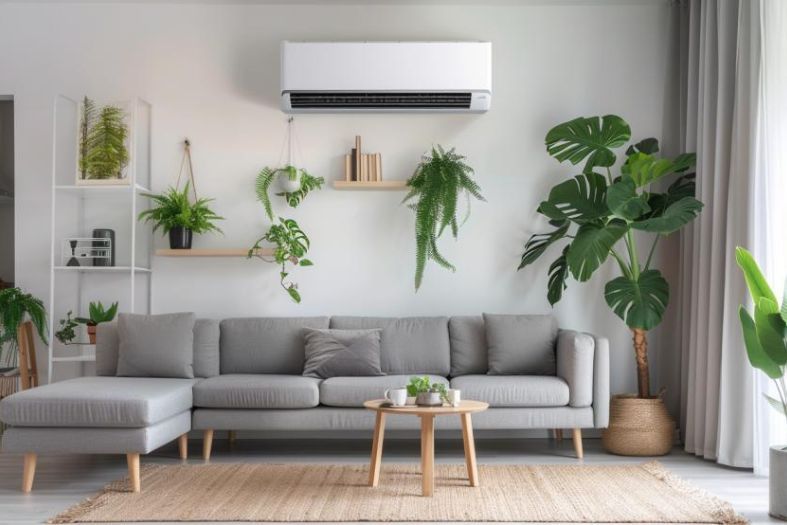
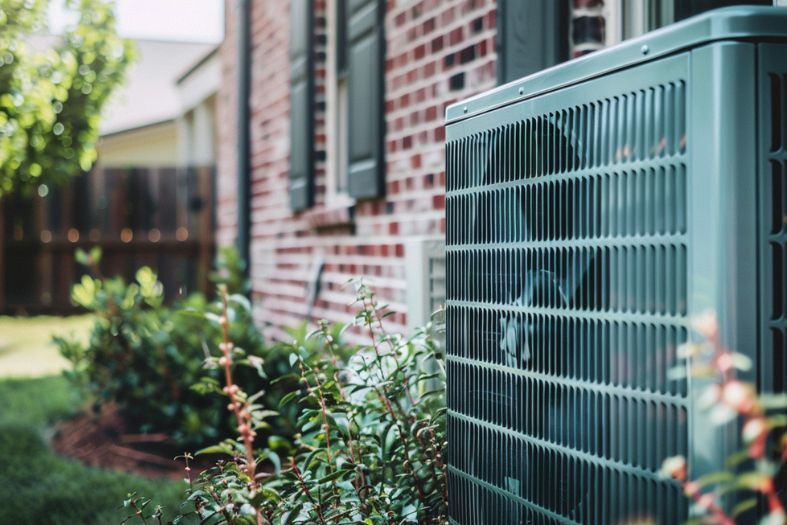
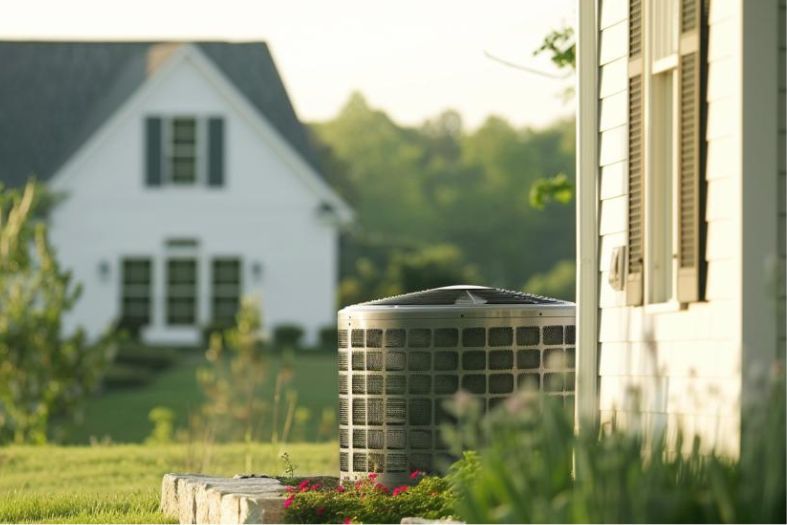

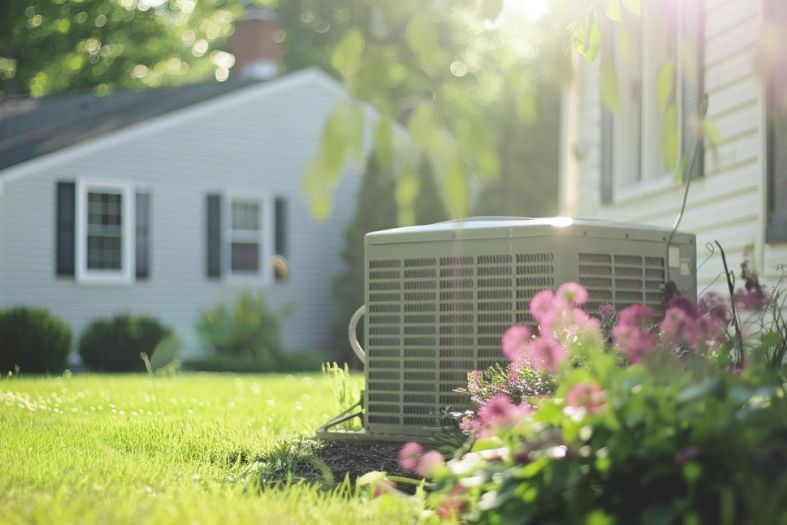
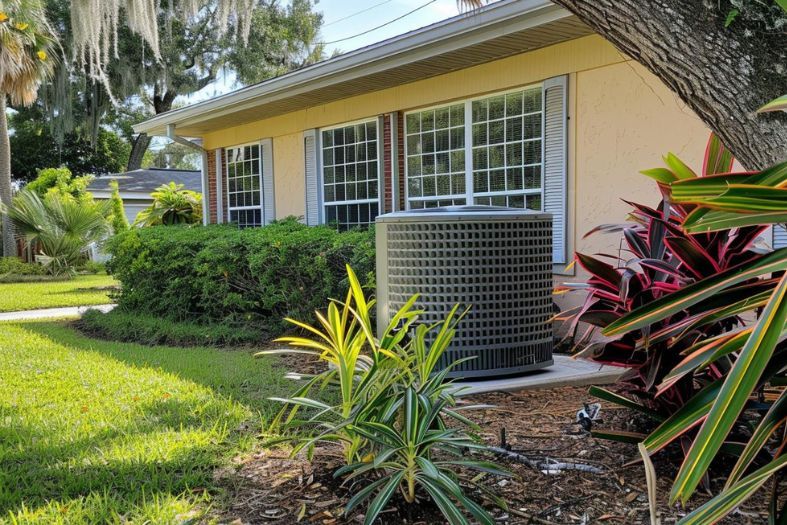
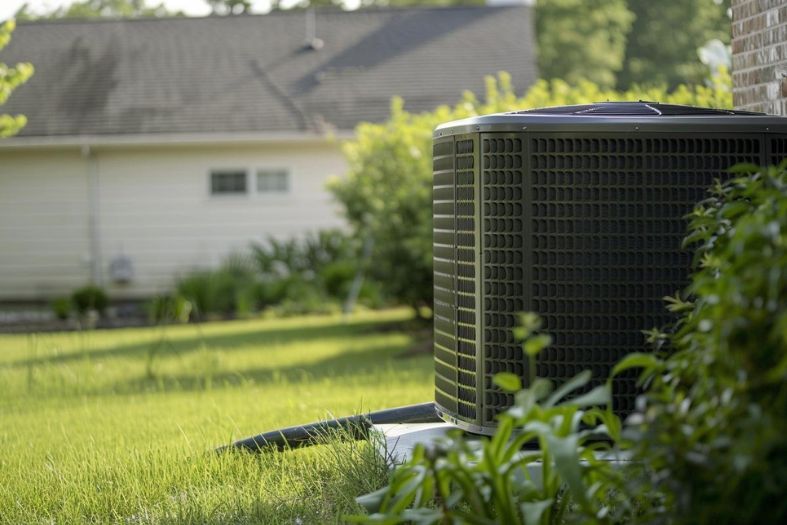
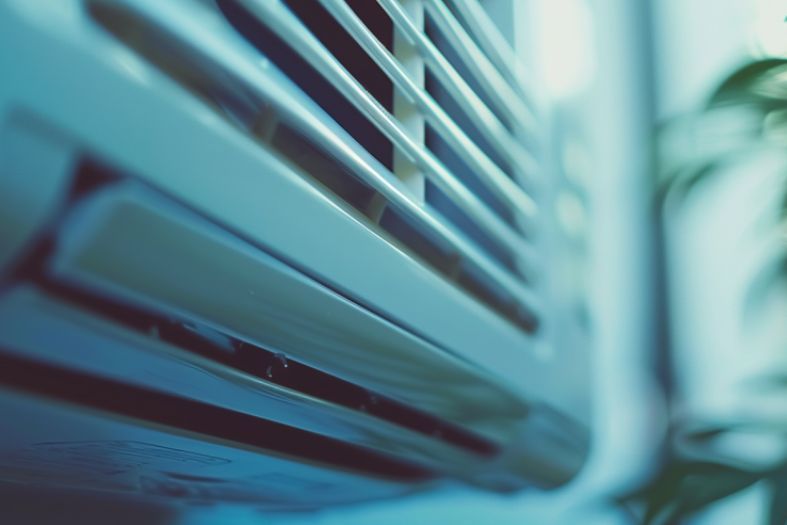
Leave a Reply